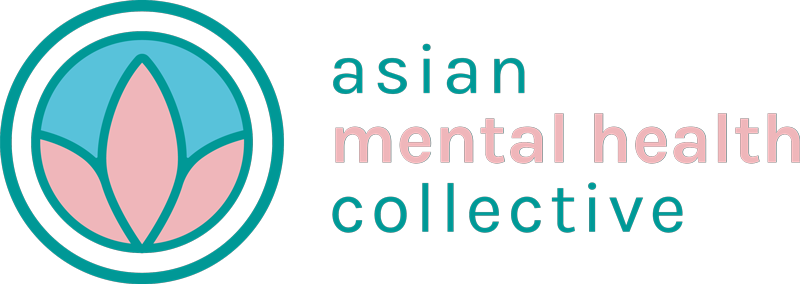
Wrestling with body positivity has been an important struggle for me throughout my life. Growing up as an Asian-American male has often made me a target for mockery; in particular, people have often insulted me for my size. Family, friends, and complete strangers have all told me that I’m “so skinny,” and seeing popular media reinforce the idea that I am small because I am Asian, and therefore have significantly less value than the average person, has often thrown me into a vicious cycle of self-loathing, internalized racism, and mental health struggles. However, for better or worse, my experiences have deeply shaped my character today, and they have forced me to develop a stronger connection with my own mental health.
From the moment I was born, I was checked by others for my size; doctors had to monitor me closely for hours, as they were concerned about how small I was. Thankfully, I grew up healthily and started running cross country in high school. Unfortunately, I stopped in college as running began to take a toll on my body; I was underweight, had bad runner’s knee, and went to the hospital once for running in the rain, as my body physically could not keep me warm enough. At the time, I got told a lot that I was really skinny, but that never bothered me much since I was focused on my performance as a runner, not my appearance. When I stopped running, I turned to dance as a source of body positivity. However, my parents told me to stop dancing in college, and being too scared to push back against them at the time, I was left with nothing to make me feel good about how I looked. At the same time, the comments about my size continued and got meaner. People would mockingly try to wrap their hands around my biceps, or comment that they could “snap me in half” if they wanted to.
In addition, unrelated racist remarks and actions directed towards myself and others compounded my reaction to jokes about my size; I began to quickly solidify the idea in my head that being Asian made me small and weak, and therefore made me worthless. Eventually, I fell into a very dark mental state for months; I barely ate or got out of bed during that time. At some point, I finally decided I would change myself regardless of what people said or did to me, but that wasn’t easy starting out. I would go to the gym and, like most people who start weight training with no prior experience, had no clue what I was doing. I became discouraged by my lack of progress and continued to yo-yo between hating myself and feeling good about working out. That was two years ago.
Fast forward to now, I’m an NASM Certified Personal Trainer, am a healthy body weight for the first time in my life, and my friends and family look up to me as somebody who knows not just how to alter their physical appearance, but more importantly, as somebody who knows how to make sustainable, realistic, and healthy change for themselves and not for the approval of others. I am currently starting my own training business, aimed at helping thinner people like myself build muscle and develop strength and confidence.
I would be lying if I said that mental health and internalized racism are not still struggles for me today, especially when it comes to my looks. Those experiences I had growing up and through college did irreparable damage, and negative comments about my race and appearance will always sting a little bit. It’s not that the pain itself that I’ve felt has made me stronger, but rather that it has given me opportunities to discover and develop myself more fully, which is perhaps a blessing in disguise. I still get made fun of sometimes; I sometimes still fear other people’s judgement and criticism; I’ll never be the biggest or strongest person in the room, but all of that is okay. I do what I do so I can live life the way I want to, and even though it took a long time to get here, that’s all that matters now.
My Asian Mental Health is an ongoing project that aims to share the mental health journeys and experiences of members of the Asian Diaspora. No matter where we are on our path of discovering and understanding our mental health, it always helps to know that we are never alone. We hope that people will be inspired, emboldened, and feel empowered to face their own mental health challenges through these stories. If you would also like to share your story with us you can do so by filling out this form.

